September 10, 2019
Tammy Roberts digs through a navy blue backpack.
Her fluorescent pink acrylic nails comb meticulously through every object inside: deodorant, face wash, a black hoodie and a soft brown teddy bear.
“I want to make sure everybody feels safe,” she says.
The bag is a comfort kit from the Foster Family Coalition of the N.W.T. It’s for a teen sitting in her living room. He can’t be identified because he’s in foster care.
Reclined in a black leather chair, the youth is watching Star Wars on a large flatscreen TV. He has a black eye and swollen jaw.
“It’s just the best option right now” is all Roberts says about taking in the youth. She doesn’t know how long he’ll stay — that’s just the way it is. Roberts never tells anyone when to leave.
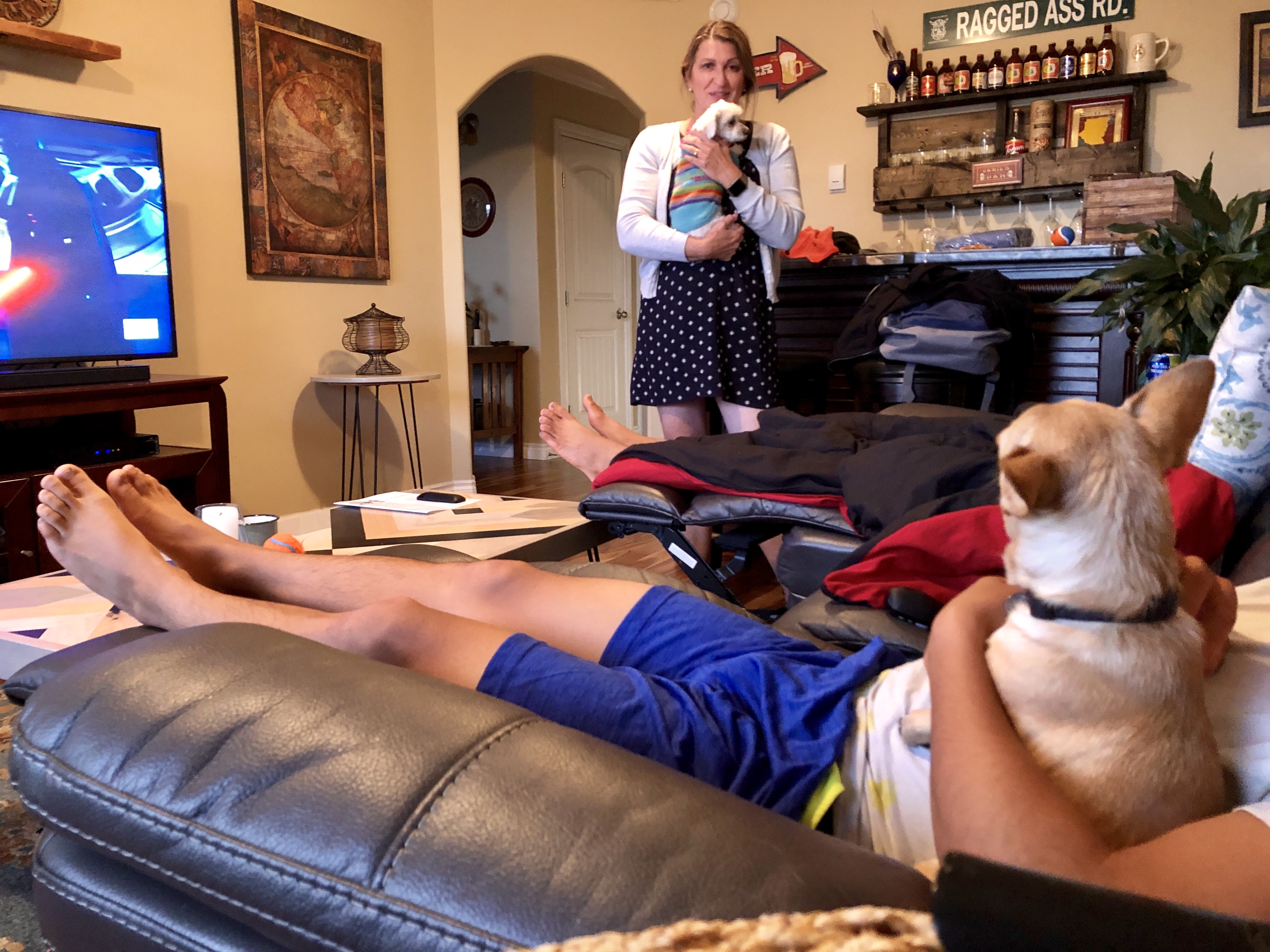
For nearly three decades, Roberts, a 57-year-old originally from Manitoba, has provided emergency and long-term care to vulnerable children in the Northwest Territories.
She has fostered more than 250 children — from babies to youth aging out of the child welfare system.
Because of that work, she's a finalist for the Children’s Aid Foundation’s Lynn Factor Stand Up for Kids national award. It will be handed out in Toronto on Sept. 11.
Nearly all of the children Roberts has fostered have experienced trauma. Many have disabilities resulting from being prenatally exposed to alcohol.
“People will call you a saint or call you an angel or tell you there's a special place in heaven for you,” said Roberts. “It's like no, I'm just trying to make a difference.”
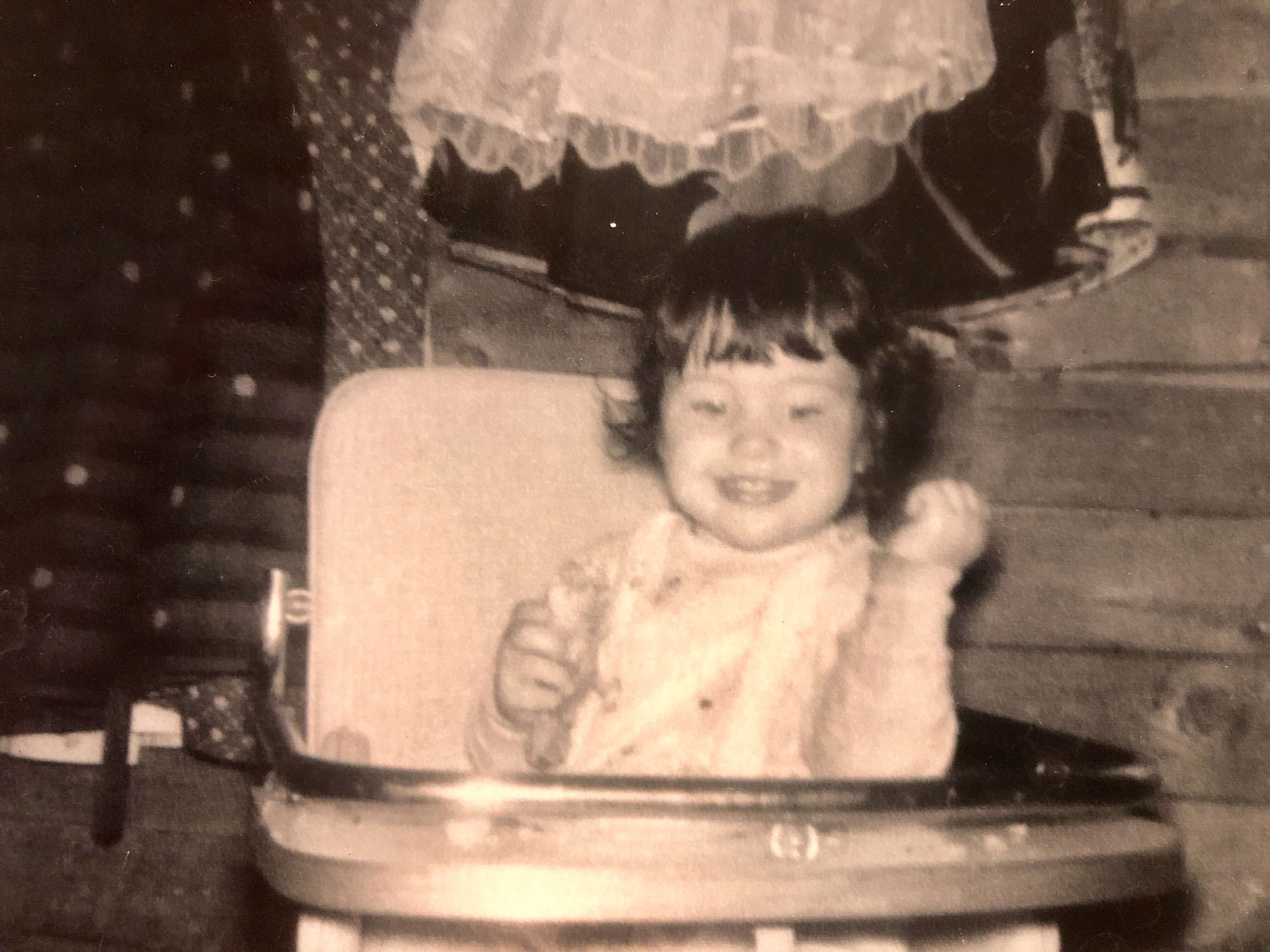
Roberts was raised in the Swan River Valley in Manitoba. Her father worked at the local Co-Op, and her mother was always home with her and her two brothers.
Growing up, almost everything was second-hand. Roberts often slept on the couch because she didn’t have a bedroom.
Even so, the family’s “tiny” house was always a gathering place, especially for those in need, like the time her brother hid some neighbourhood kids in the shed because they were experiencing violence at home.
“It was just helping a family out until they were, you know, ready to take their kids back,” said Roberts.
“We never treated anyone differently.”
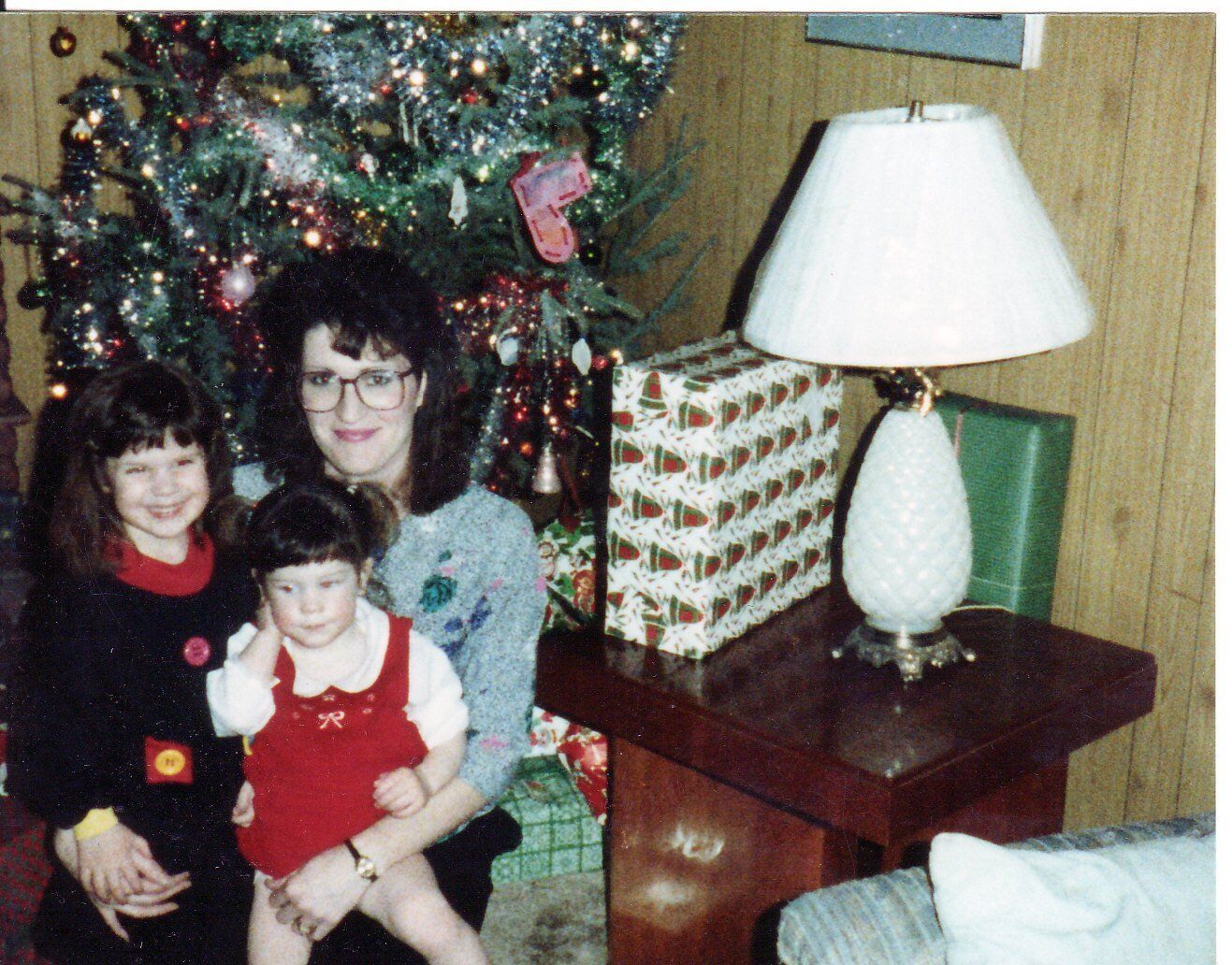
It was an ad in the paper that inspired Roberts to get into foster care. She and her former husband already had two daughters of their own, aged four and six, when they read about twin boys living in a hotel with a social worker and nowhere to spend their first birthday.
“I thought, ‘Oh my goodness, how terrible is that,’” she said.
Another family ended up fostering those twins, but she went on to foster two other children in Manitoba.
When the family moved to Yellowknife in 1993, Roberts went directly to social services to find out if there was a need for foster parents there.
“I left with two kids,” she said.
"It's really hard to deny a child."
Like an accordion, Roberts’s family has grown and contracted over the years, depending on who needs help.
The drone of laundry being dried is a constant sound in her home. Visitors are greeted to a huge pile of assorted shoes in the foyer.
At any given time, especially in those early years, Roberts’s home has been filled with a mix of birth, adopted and foster children.
For some of those kids, especially those who have had multiple placements, settling into Roberts’s home can be tough.
One youth who has lived with Roberts says he was quiet at first.
“I spent a lot of time in my room,” said the youth, who can’t be identified because he is still in care.
The youth says Roberts runs a tight ship, with schedules and rules to keep things neat and tidy. He says her home has become a “special” place in his fostering history.
“It just feels like a whole family; doesn't feel like a foster family or an adopted family,” he said.
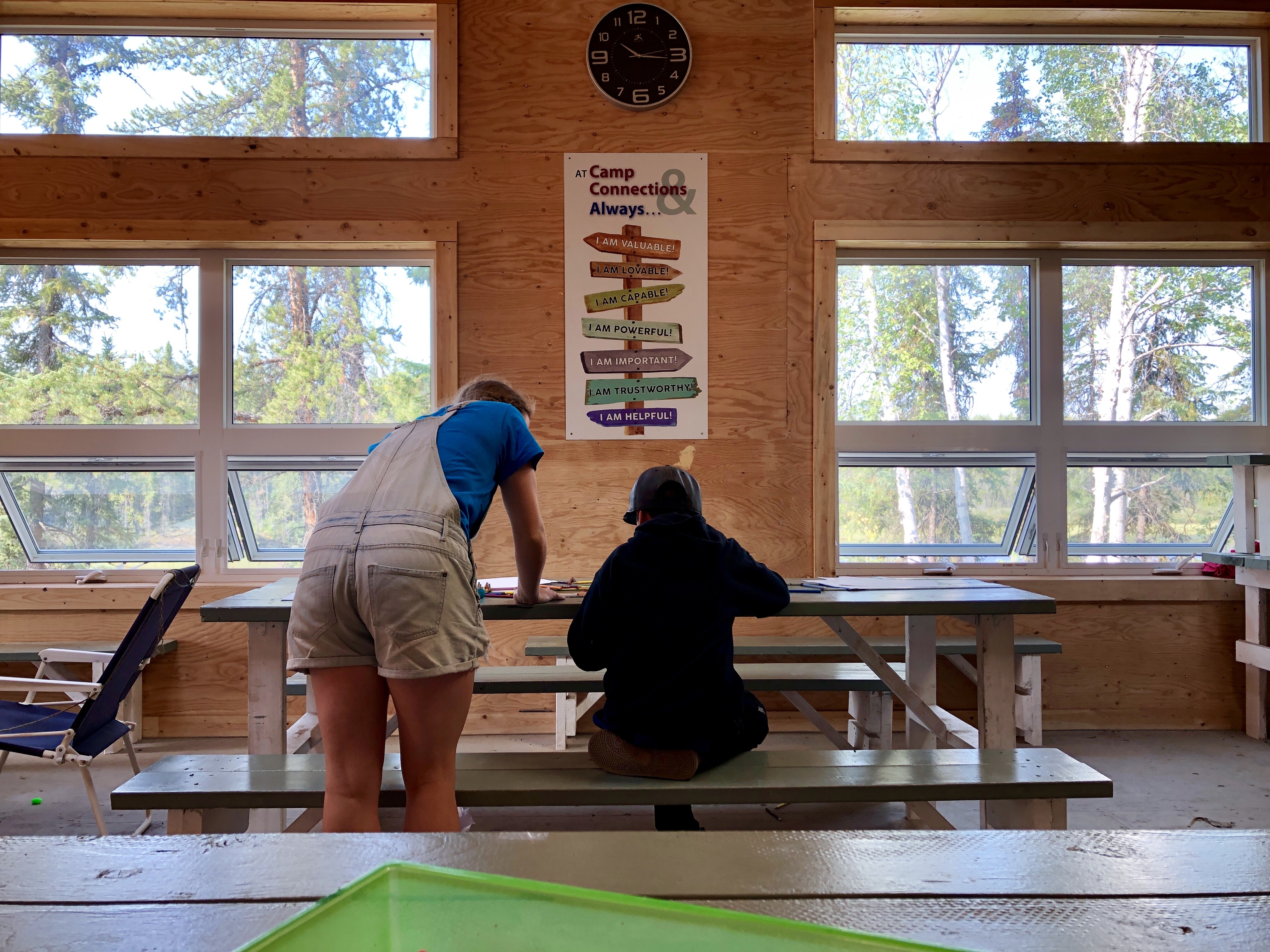
He says Roberts helped him to open up, develop confidence and set boundaries.
Now his sights are set on going to university.
“She helped me build the confidence for it. So, I'm really working hard for it now,” he said.
Roberts has had a lasting impact on many others. At one point, 11 young people lived with her at once, including her biological children.
“I would never recommend anybody have that many children,” laughs Roberts, who called the situation a “special circumstance.”
A group of four siblings, who had lived with Roberts before, needed a safe place to stay. They refused to go with anyone but her, so she negotiated with social services to make it work.
“It's really hard to deny a child,” she said.
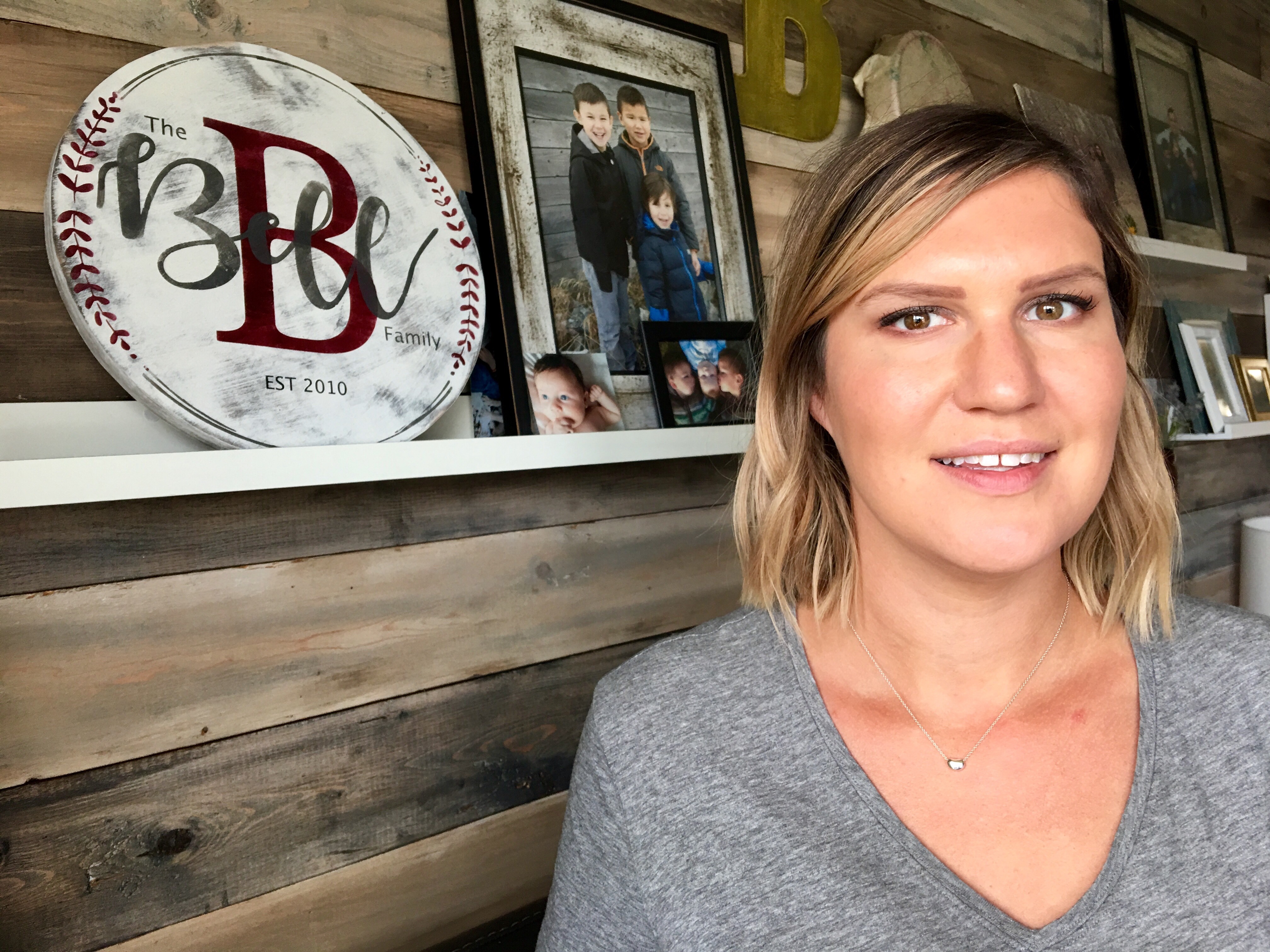
Even her birth children — now grown adults — were “raised in care.” Everyone lived by the same rules, including getting monthly allowances for clothes.
Roberts’s biological daughter, Lacey Bell, doesn’t remember a time when foster children weren’t in the home.
She does remember her mother telling them they had to start closing the door to the bathroom because they were going to have kids — who weren’t her sister — staying over.
“I don’t remember it being hard. It’s just the way it was,” said Bell.
She’ll never forget one Christmas morning when the family — which had 11 kids at the time — woke up to find six more children sleeping on the floor in the living room.
“My mom took them in in the middle of the night, on Christmas Eve," said Bell. "We woke up and said, ‘OK ... that’s fine.’”
All 17 of them celebrated Christmas dinner together.
Bell is now raising her own family in the very same house she grew up in, and has become a foster parent herself.
“It felt like it wasn’t even an option for us. It’s what we needed to do,” she said.
No judgment, just respect
Roberts says she never gives 100 per cent of her heart, and when it comes to self-care, she says she’s learned to keep her own cup three-quarters full.
Sometimes there’s holes in the walls at home, or things get stolen. Some youth try to “sabotage” their relationship with Roberts to retain some sense of control.
She has also seen the impacts of trauma, like the boy who always slept in his clothes — jeans and layers of sweaters and jackets — just to feel safe. Or the teenage girl who had nightmares and wet the bed each night.
All kids love their parents no matter what's gone on, so that's something you always have to respect.
Roberts’s kids have supported her too.
In 2000, she was diagnosed with a brain tumour. She had an acoustic neuroma, which left her deaf in one ear. Before the operation she went to social services, pleading with them not to take her children from the house during her treatment.
Roberts’s family, friends and community stepped up to help while she recovered.
Nine years later, Roberts was thrust back into the workforce following a divorce. Not once did she consider stopping fostering.
She landed at the Foster Family Coalition of the N.W.T., where she’s currently the executive director.
Flaws in the system
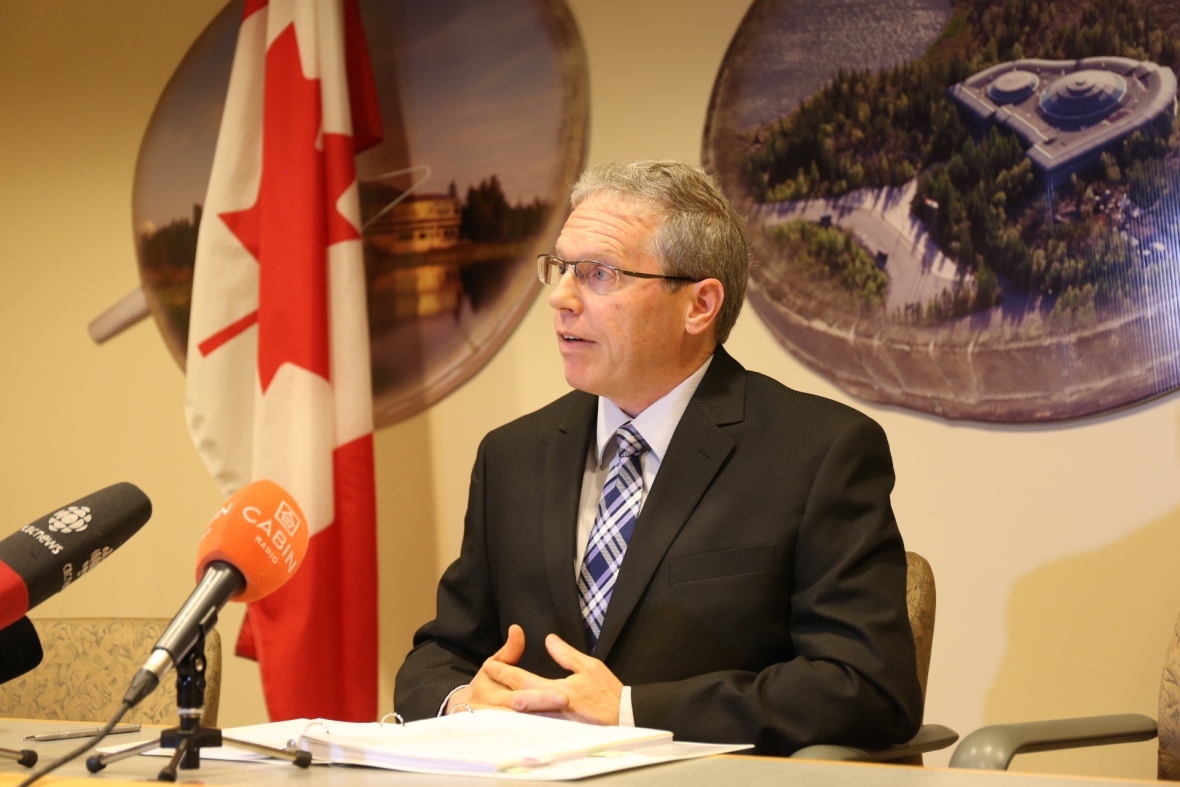
The Northwest Territories government has struggled with its foster system over the years, and Roberts has been there along the way, navigating the front line.
The Auditor General of Canada issued a scathing report in 2014. It followed up in 2018, only to find many of the problems it had flagged before had become worse.
“There were a lot of changes that happened way at the top,” Roberts said.
“It takes years for that to trickle down. Unfortunately, foster parents are at the bottom of that pile and the kids are below us.”
The system has seen improvements, according to Roberts. It’s doing a better job at reuniting children with their biological families, for example.
There were a lot of changes that happened way at the top. It takes years for that to trickle down.
“All kids love their parents no matter what’s gone on, so that’s something you always have to respect," she said.
One area that’s still “really lacking,” according to Roberts, is support for kids in permanent care.
“If we’re taking these kids from their families forever,” she said. “We need to do a really good job.”
Roberts also continues to call for better planning for children transitioning out of care — more mental-health support for them, improved training for foster parents and respite support.
This work is just part of her role as executive director of the Foster Family Coalition of the N.W.T. She lobbies for foster children, supports other foster families, and MacGyvers solutions for gaps in services.
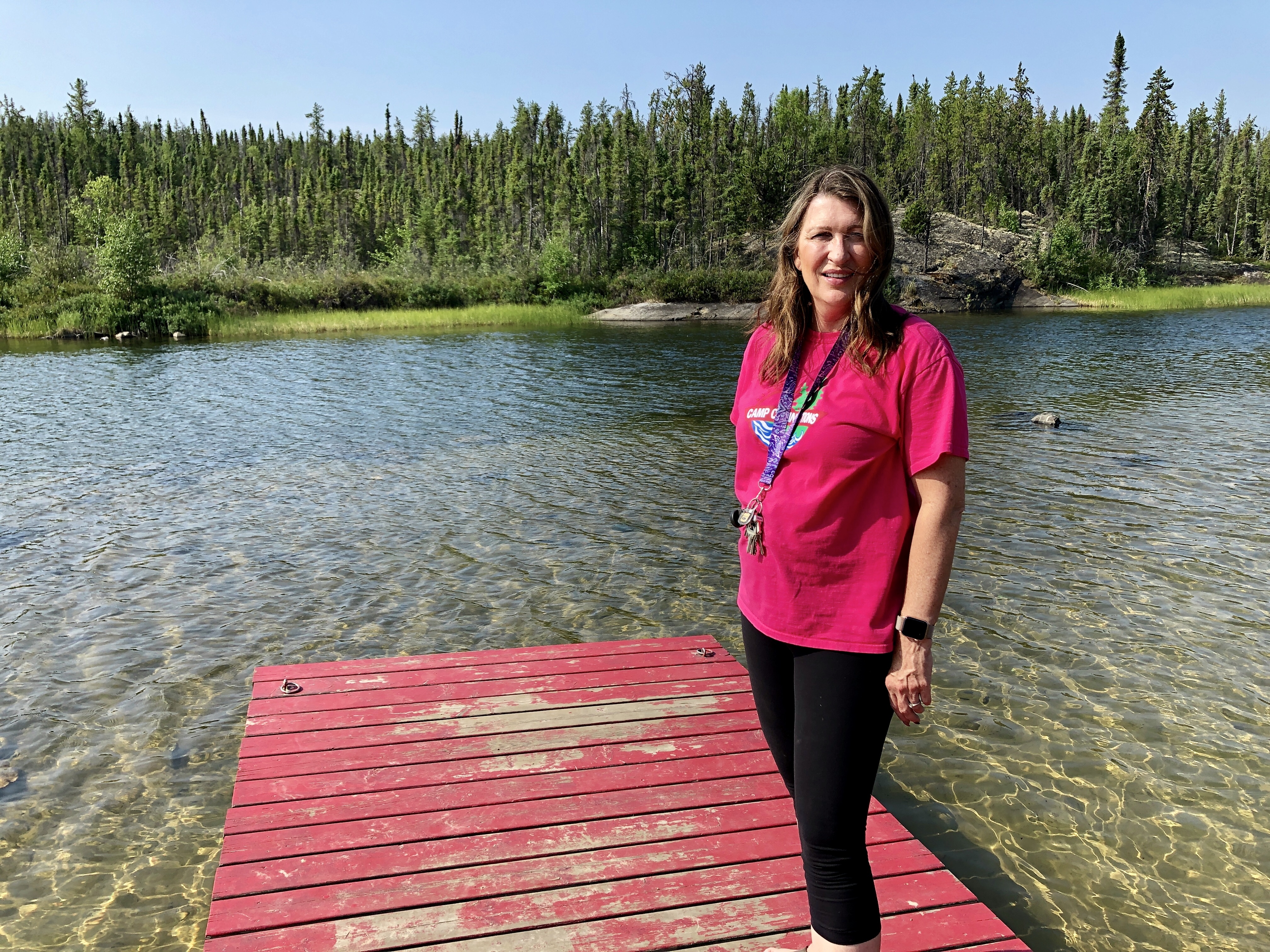
Camp Connections, a cluster of wooden buildings nestled along a sandy beach overlooking a lazy northern river outside Yellowknife, is one of those solutions.
It's a serene place.
A few weeks a year, the camp becomes a refuge for foster kids from across the territory.
On one hot morning in July, Roberts, decked out in a hot pink camp shirt, is in her glory as she rings the dinner bell.
Inside, the kids are playing games that promote positivity. Every day, they focus on a different “I am” phrase. Today’s is “I am lovable.”
In her personal life, Roberts remains focused on supporting her nine “forever children” — a mix of biological, adopted and children in long-term care.
Walking down the sidewalk in downtown Yellowknife, it’s not uncommon for Roberts to run into some of the children — now adults — she’s helped.
“One of my very first foster placements in the North still contacts me,” she said. “He's got to be like 40 by now. He still calls me Mom.”
